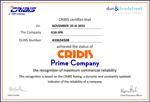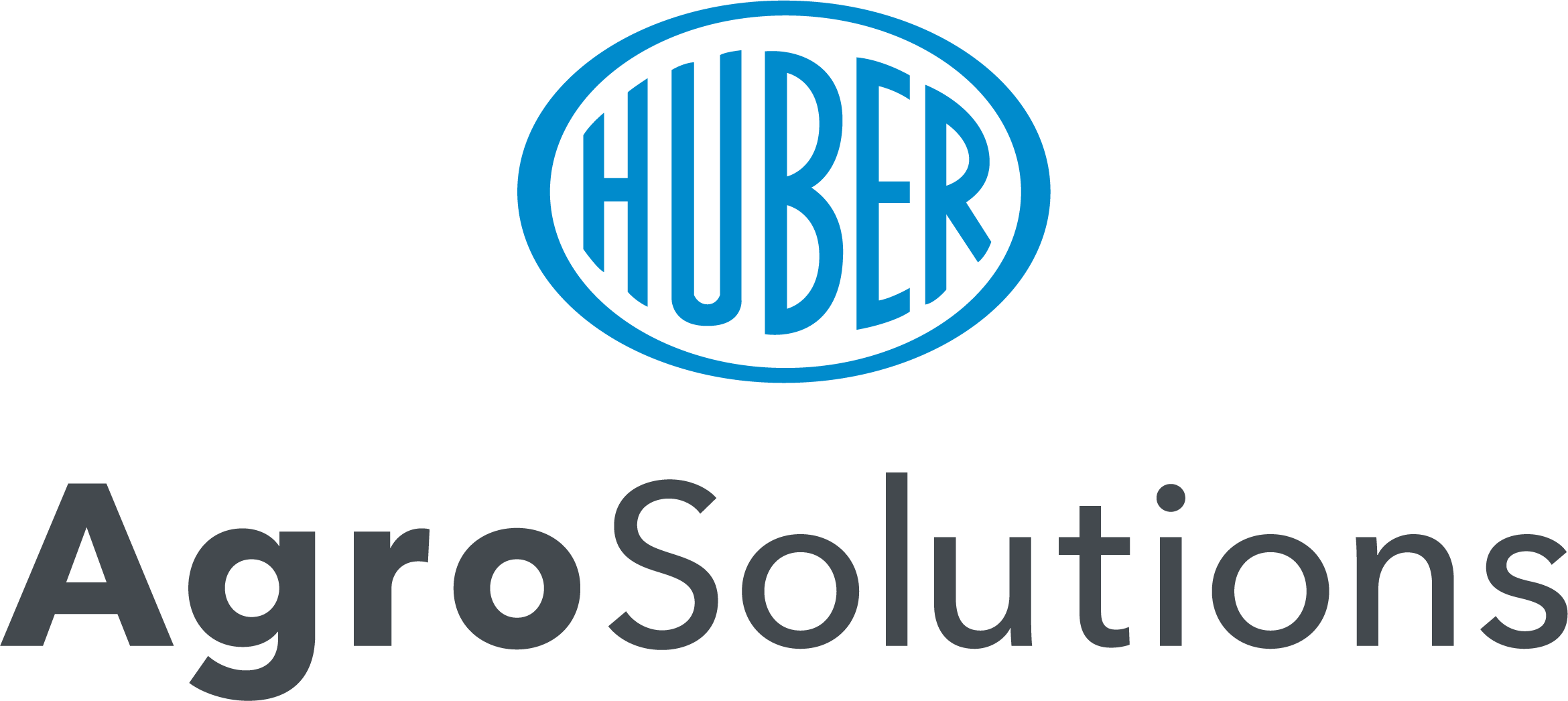NPK 6.5.13
CONTAINS AGROGEL®
PROGRESS MICRO is a pelleted NPK organo-mineral fertilizer containing nitrogen completely organic which is naturally slow-released and obtained by reacting AGROGEL® with potassium and meat meal at 80°C.
- It stimulates soil fertility and supplies magnesium, sulphur and microelements in order to meet even the most exigent crops;
- All elements are released in a progressive and agronomically efficient way.
PROGRESS MICRO has a nutrient ratio that is particularly suitable for orchards and vineyards as well as for horticultural crops with high quality requirements. It supports the production of fruits with higher marketable quality with just a single application.
COMPOSITION
-
Total Nitrogen (N) 6 %
- Of which: Organic Nitrogen (N) 6 %
- Total Phosphorus Pentoxide (P2O5) 5 %
- Water soluble Potassium oxide (K2O) 13 %
- Total Magnesium oxide (MgO) 2 %
- Water soluble Sulfur trioxide (SO3) 10 %
- Organic Carbon (C) 18 %
- Organic Matter 43 %
Doses and methods of use of the fertilizer
-
Citrus
-
All800-1000 kg/haGrowth recovery or post-harvest
Covering or underground
-
-
Fruit
-
Kiwi600-800 kg/haFrom early vegetative development
Covering or underground
-
-
GrapeVine
-
Table Grape700-900 kg/haFrom early vegetative development
Covering or underground
-
Wine Grape500-800 kg/haFrom early vegetative development
Covering or underground
-
-
Industrial Crops
-
Hop200-500 kg/haGrowth recovery or post-harvest
Covering or underground
-
-
Legumes and potatoes
-
Potato800-1000 kg/haPre-sowing or pre-transplant
Covering or underground
-
-
Olive Tree
-
All500-700 kg/haFrom early vegetative development
Covering or underground
-
-
Pome fruits
-
All500-1000 kg/haFrom early vegetative development
Covering or underground
-
-
Stone fruits
-
Almond500-1000 kg/haFrom early vegetative development
Covering or underground
-
Apricot500-1000 kg/haFrom early vegetative development
Incorporate into the soil
-
Cherry500-800 kg/haFrom early vegetative development
Incorporate into the soil
-
Nectarine500-1000 kg/haFrom early vegetative development
Incorporate into the soil
-
Peach500-1000 kg/haFrom early vegetative development
Incorporate into the soil
-
Plum500-1000 kg/haFrom early vegetative development
Incorporate into the soil
-
-
Vegetables
-
Eggplant600-800 kg/haPre-sowing or pre-transplant
Covering or underground
-
Melon500-800 kg/haPre-sowing or pre-transplant
Covering or underground
-
Pepper600-800 kg/haPre-sowing or pre-transplant
Covering or underground
-
Strawberry500-800 kg/haSoil preparation
Covering or underground
-
Tomato600-800 kg/haPre-sowing or pre-transplant
Covering or underground
-
Watermelon500-800 kg/haPre-sowing or pre-transplant
Covering or underground
-
Dosages are purely indicative and may vary depending on pedoclimatic conditions and average yields expected.
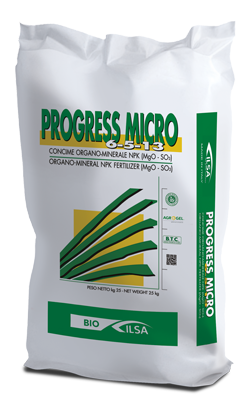










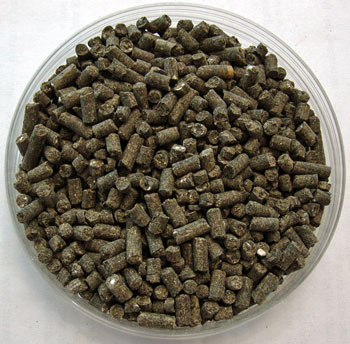

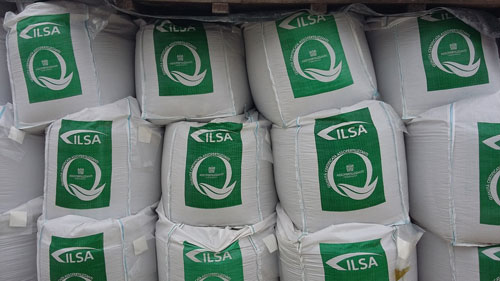


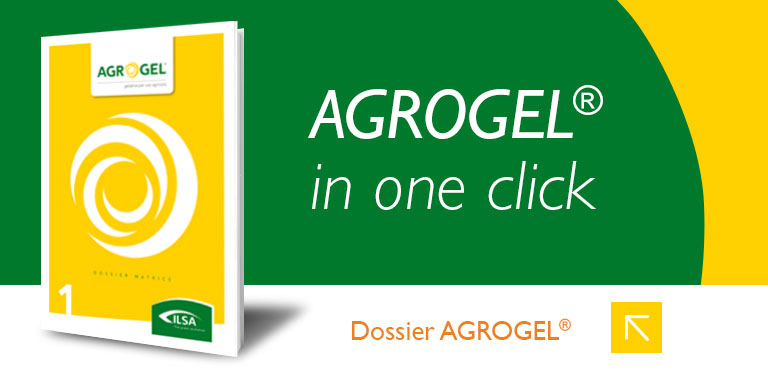
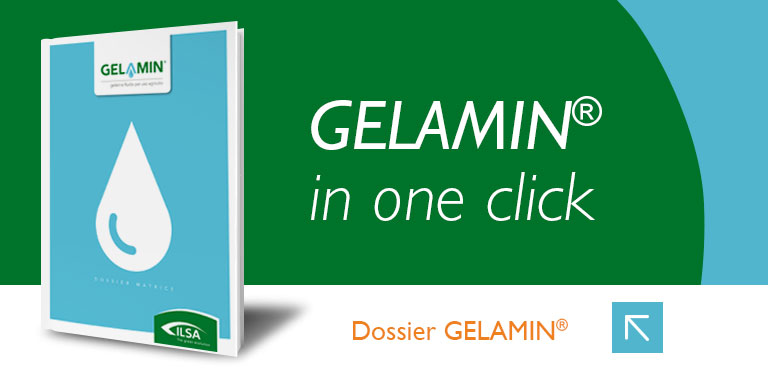
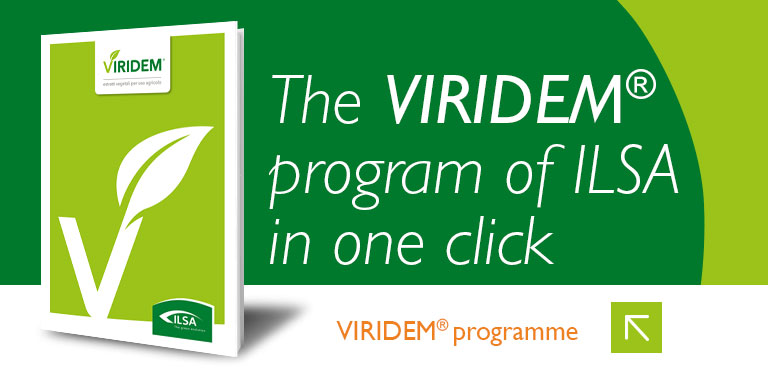
.png)



